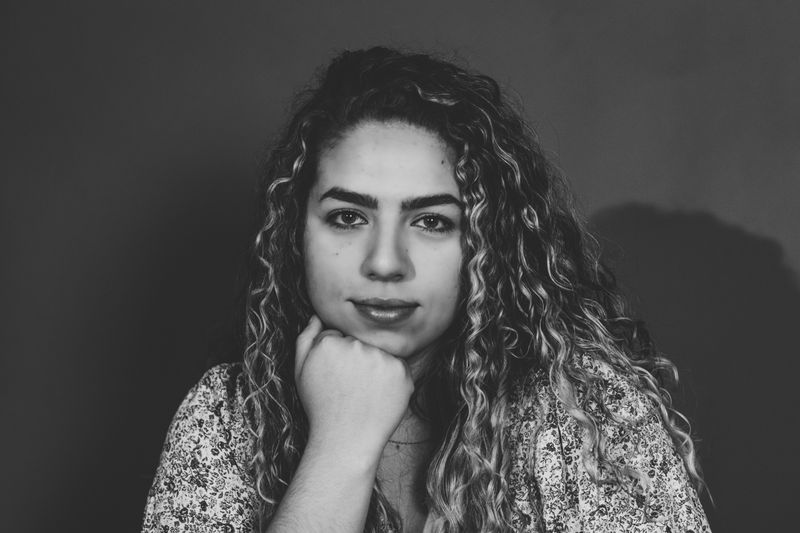We Are America
Finding Home
By Maria

Lowell High School, Lowell, Massachusetts
Where is home? According to the Oxford dictionary, home is “The place where one lives permanently, especially as a member of a family or household.” But is it really just that?
Growing up in Brazil, living between two cities, really made me think of where my home actually was. After my parents’ divorce, when I was nine years old, my life became all about these two-hour road trips from one city to another: Araputanga, a small town where many people own farmland, and Caceres, a river city that has many jobs and educational opportunities for young people. Two completely different places. Two completely different homes. But I never really felt complete at either home, because I could never just settle in one place. As a kid, it was very difficult to see my parents living apart from each other. I felt in the middle of it all. I thought that home was supposed to be where both my parents were, but that just was not my reality.
When I was 13 years old, my mom moved to the United States seeking a better life for our family. Although I stayed behind in Brazil for one year, I never stopped communicating with my mom. Everytime she called me she would always say that she wanted me to come live with her. Although I was now permanently living in Caceres, I always felt like a piece of myself was missing. I never felt complete, and never felt completely at home. After one year apart, I moved to the United States to reunite with my mom.
Moving overseas was a big challenge, and leaving the place that I somewhat called home was a complete mixture of emotions: excitement and joy, but also sadness for leaving much of my family behind. I was now even further away from my family in Brazil, and now there were no two-hour road trips to visit them. This time, it was a big move.
The first few months were the most challenging ones. I was away from most of my family in a place I barely knew, and most of the time I could not communicate with others in English. I felt like a complete outsider. But these challenges were fundamental for my growth as a person, and I did everything I could to make this place feel more like home. The first thing I did was become fluent in English.
Things got easier as I learned the language and made friends, but there was still a part of me that could not quite call this place home yet. Being an immigrant in the U.S. I saw xenophobia around me, particularly on social media. Seeing people say that I did not belong here and that I should go back to my country made me wonder if this place could ever be home.
But now, four years after coming here, I’m beginning to think differently. It has taken me a lot of time to understand that home was not one specific place, that home can be wherever I wanted it to be. Over these four years, I engaged in many activities and met people who encouraged and supported me. Today, I am fluent in English and have friends from many different nationalities. There are times where I still find myself wondering where I truly belong, but I am starting to realize that I do not have to choose one specific place to call home. As I continue to imagine my future in the United States, I realize that it really does not matter where I am but who I am with. Indeed, I realize that my heart will never be able to choose one specific place to call home, because I have two: Brazil, where I was born and the United States where I chose to make my home.
© Maria. All rights reserved. If you are interested in quoting this story, contact the national team and we can put you in touch with the author’s teacher.